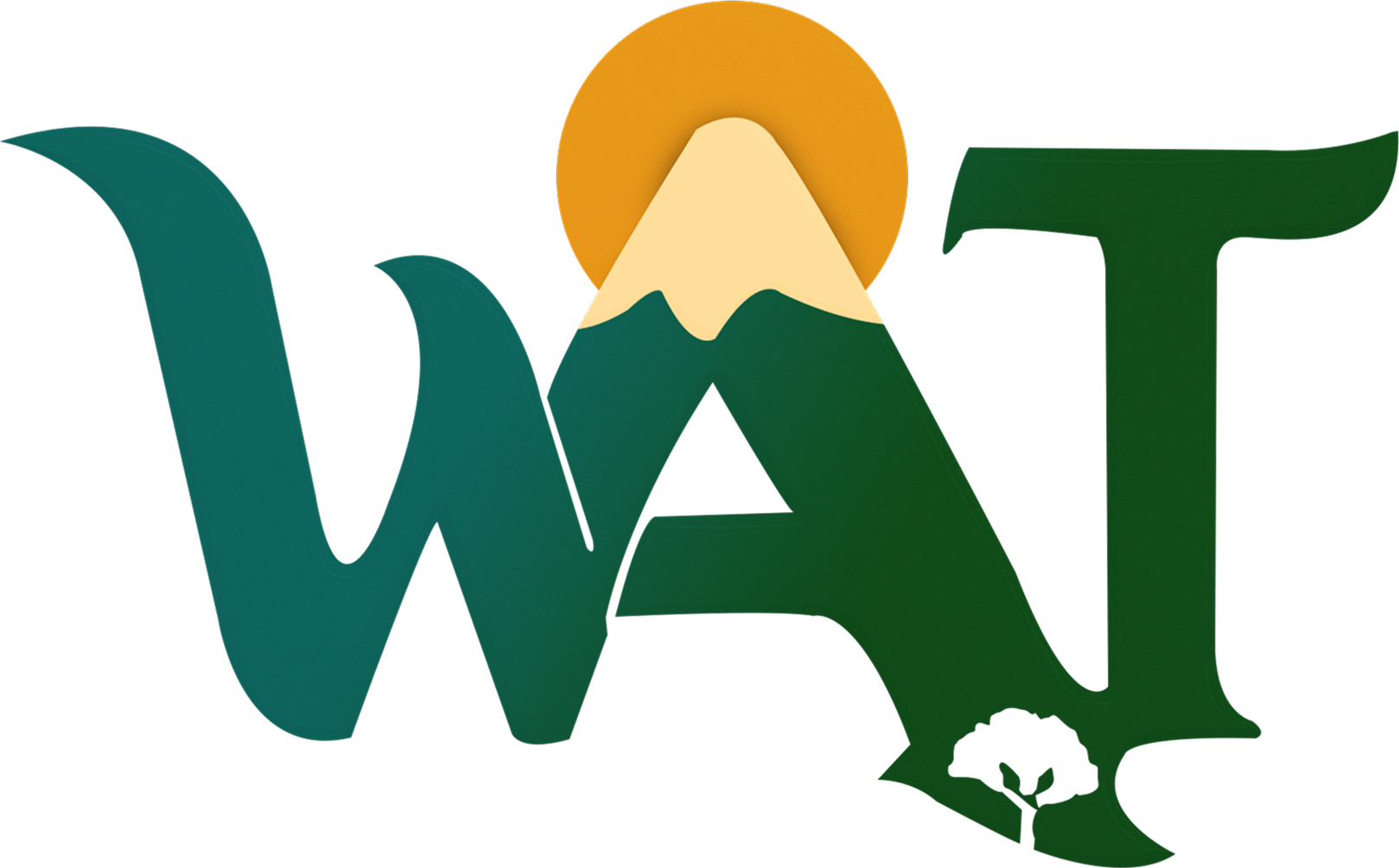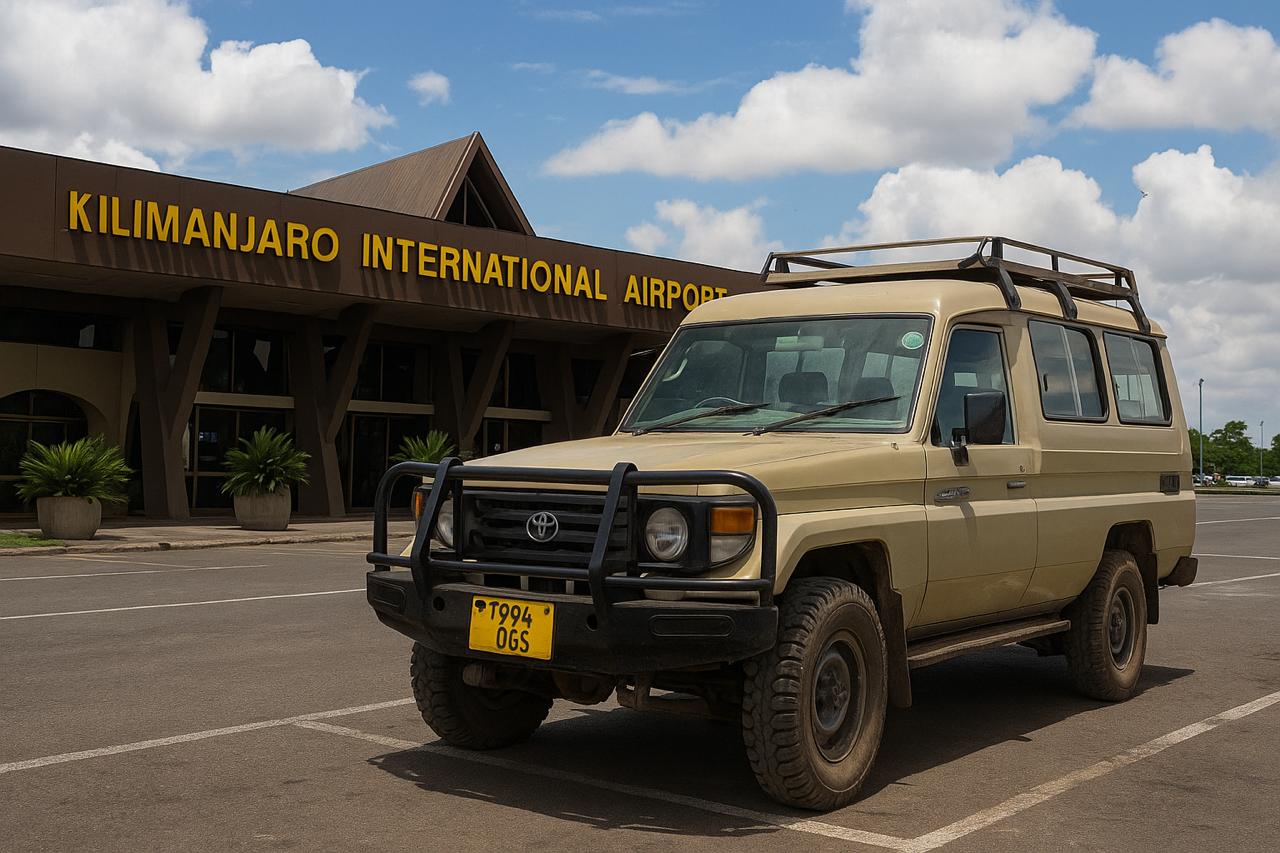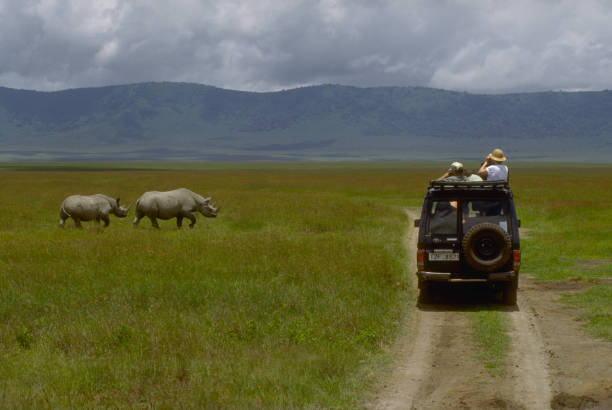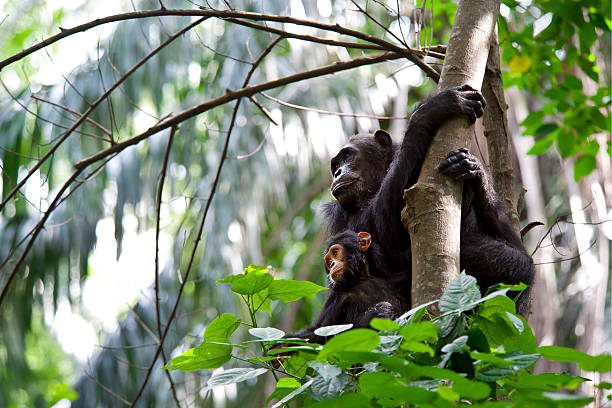Umbwe Kilimanjaro Route – 6–7 Days Itinerary, Cost & Success Rate

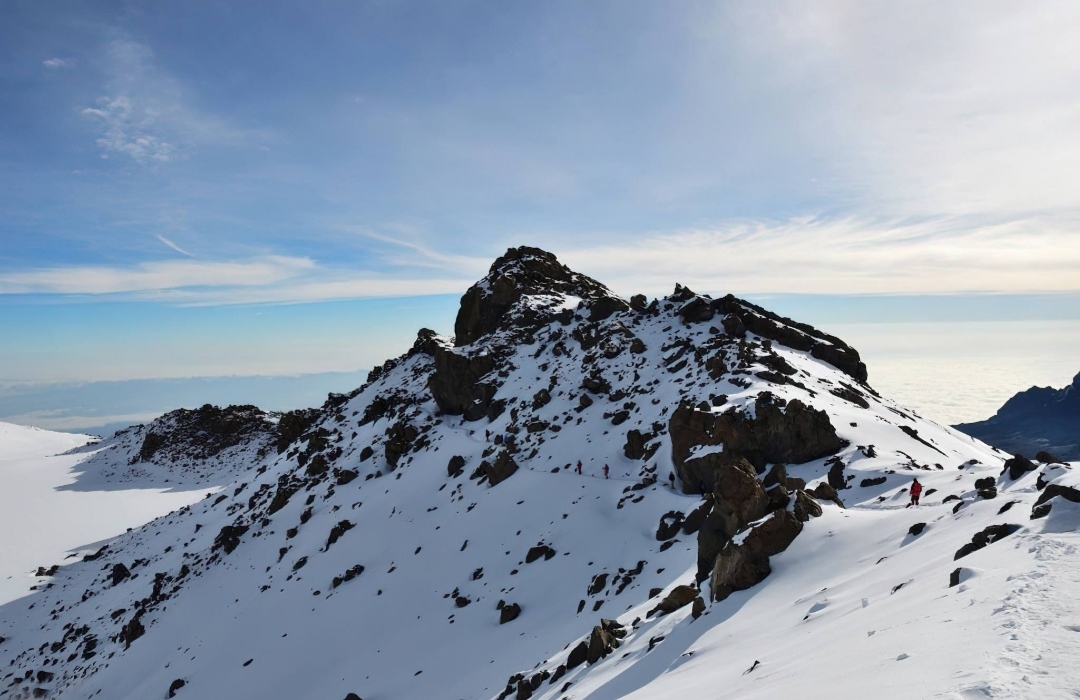
Tackle Kilimanjaro via the Umbwe Route, the steepest and most direct path to the summit. This route is an extreme challenge designed for experienced, well-conditioned climbers only. It carves a direct line up the mountain’s imposing southern flank in a bold, relentless, high-altitude push that is not for the faint of heart.
Duration: 6–7 days (no shorter option)
Difficulty: Very Hard (the steepest trail on Kilimanjaro)
Success Rate: ~50% on 6-day; ~70% on 7-day
Accommodation: Camping (tents)
[Get Your Free Climbing Plan (in 24h)]
Route Overview
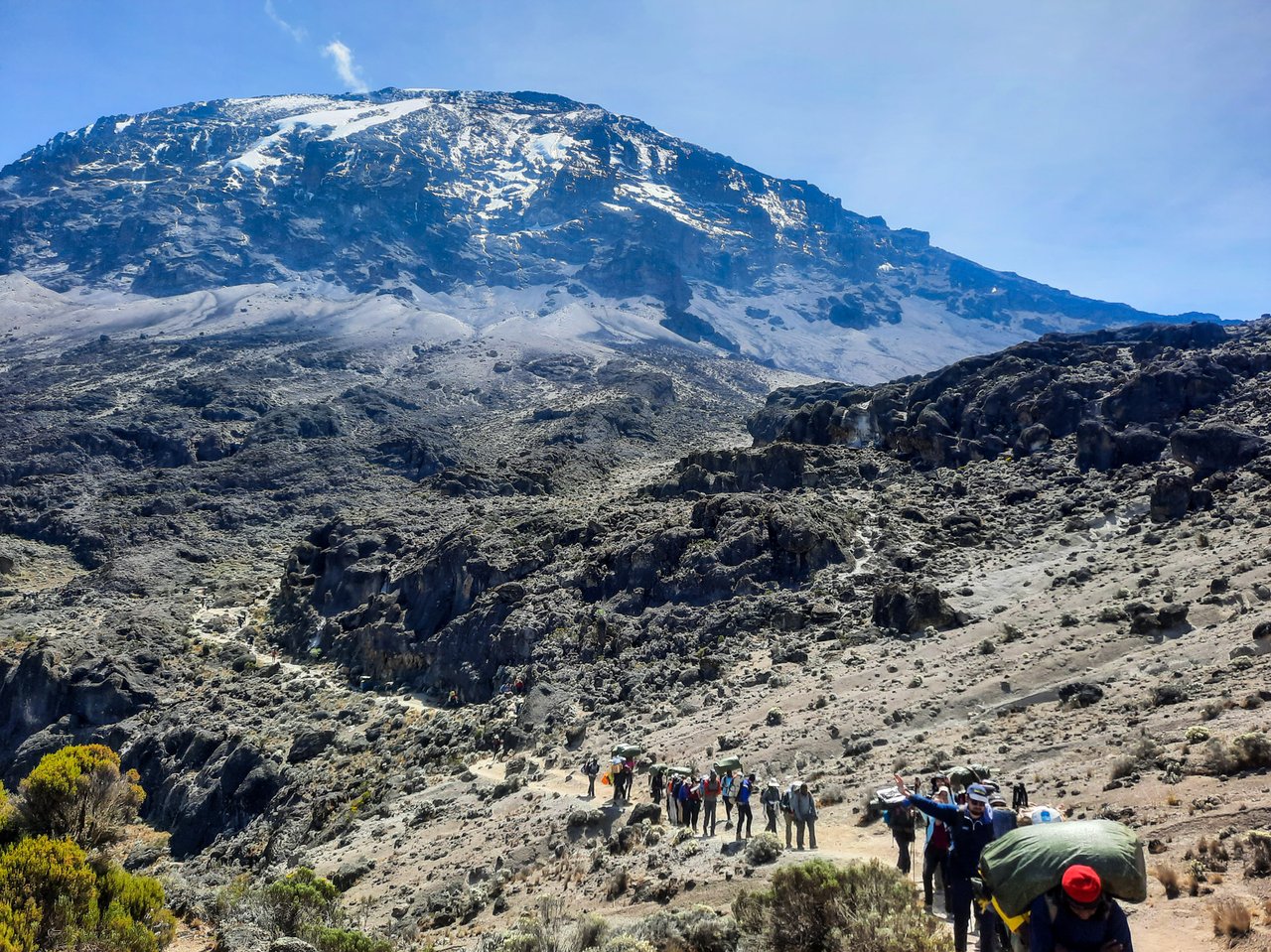
The Umbwe Route is Kilimanjaro’s definitive challenge. Ascending directly from the southwest, it is a non-technical climb, but its defining characteristic is its extreme and sustained steepness.
The trail gains altitude at a punishing rate, joining the popular Machame trail at Barranco Camp on the second night. This means climbers on the Umbwe route ascend far more elevation in the first 48 hours than on any other route, putting immense strain on the body and making acclimatization exceptionally difficult.
Due to its demanding nature, Umbwe has the lowest foot traffic of all the trails; very few operators offer it, and even fewer climbers attempt it.
This route requires a superior level of physical fitness, mental fortitude, and proven high-altitude tolerance. It is a raw, direct, and uncompromising path to the roof of Africa.
Is Umbwe Right for You?
This is the most critical question to ask. Unlike other routes that cater to a range of abilities, Umbwe is suitable only for a very specific type of mountaineer.
Best for: Very experienced, exceptionally fit hikers who are already well-acclimatized from recent high-altitude treks. This route is for those who find other Kilimanjaro routes insufficiently challenging and are specifically seeking the mountain's most demanding physical test.
Consider if: You have previously climbed mountains over 5,000 meters, understand how your body reacts to extreme altitude, and are looking for a fast but brutally hard ascent. This is a route for those who prioritize the challenge itself over a leisurely journey.
Not ideal if: You are a first-time high-altitude climber, a casual hiker, or anyone without a proven track record of enduring rapid ascents. The success rate on Umbwe is notoriously low for a reason. If there is any doubt in your mind, this route is not for you.
Alternatives: If you are unsure, avoid this route. For a challenging climb with steep sections but a much safer acclimatization profile, consider the Machame or Lemosho routes. They offer a much higher probability of a successful and enjoyable summit.
Umbwe 6 or 7 Days – Which to Choose?
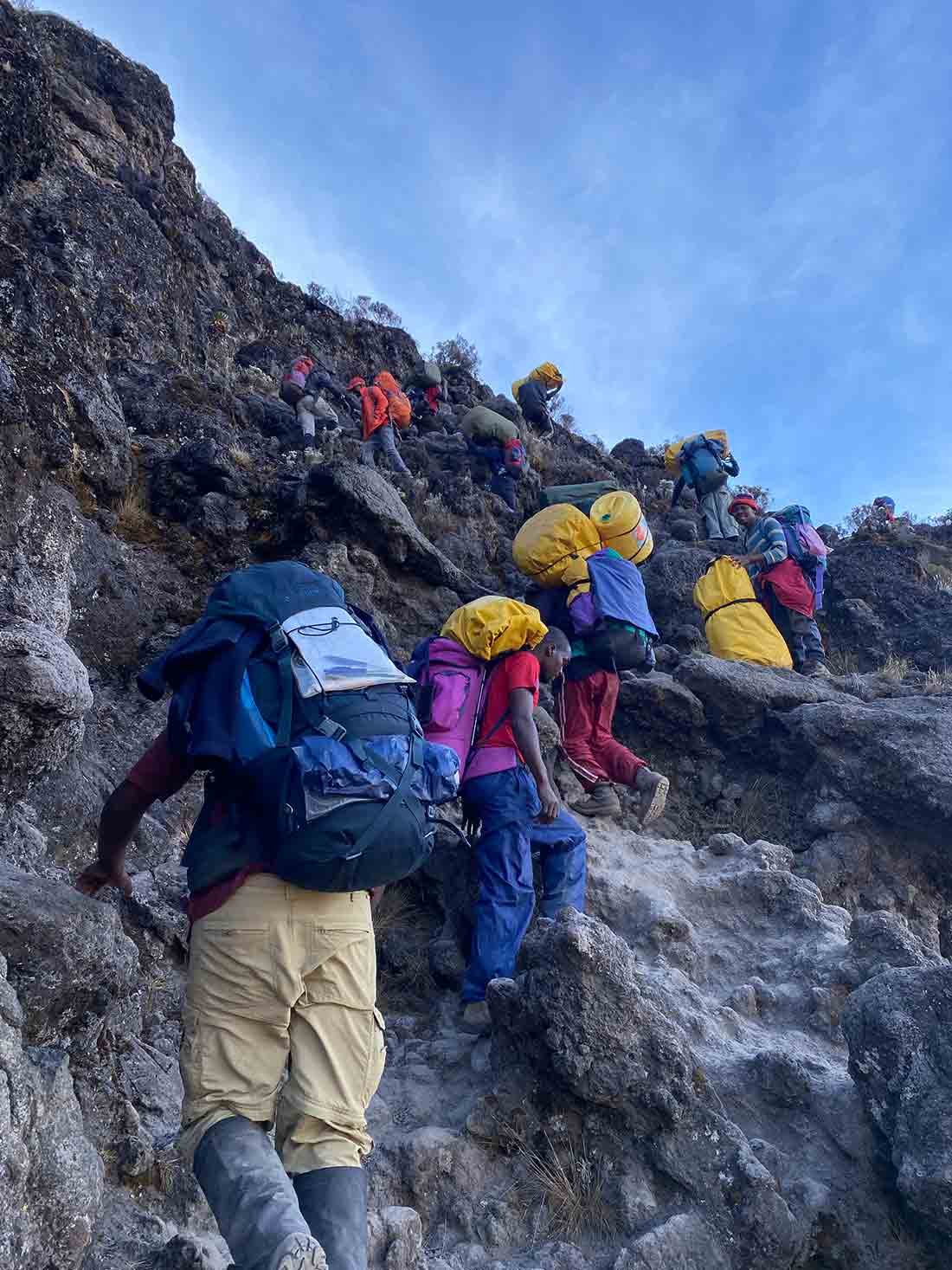
The choice of duration on Umbwe is less about preference and more about safety and feasibility.
6-Day Umbwe: This itinerary is an all-out assault on the mountain with no rest days. The first two days are extraordinarily strenuous, and the lack of acclimatization time makes this a high-risk endeavor. The summit success rate hovers around a perilous 50%. This option should only be considered by the absolute fittest climbers who are pre-acclimatized, and even then, the odds are against them.
7-Day Umbwe: This version introduces a crucial acclimatization day, usually spent at or near Barranco Camp after conquering the initial steep ascent. This extra 24 hours allows the body a vital window to adjust, which is reflected in a significant rise in the success rate to approximately 70%. While still incredibly difficult, the 7-day itinerary is the only recommended option for anyone seriously considering the Umbwe route.
Umbwe Itinerary (Day by Day)
This itinerary details the 7-day trek. The 6-day version omits the acclimatization day, proceeding directly from Barranco to Barafu Camp over two days.
Day 1: Umbwe Gate (1,600m) → Umbwe Camp (2,900m)
Trekking Time: 5–7 hours, ~11 km
The journey begins at Umbwe Gate. From the first step, the trail is unrelentingly steep. You will climb directly into the dense, misty rainforest on a narrow, and at times, muddy ridge. The path is a vertical gym, often requiring you to use tree roots and overhanging branches for leverage. Today’s goal is a staggering 1,300-meter elevation gain, a true test of leg strength and endurance, before reaching the first camp.
Day 2: Umbwe Camp (2,900m) → Barranco Camp (3,960m)
Trekking Time: 4–5 hours, ~4 km
The morning brings no relief, as the relentlessly steep trail continues. You will leave the rainforest behind and enter the heath and moorland zone. As the vegetation thins, you are rewarded with your first dramatic views of the Kibo peak. The path continues its sharp ascent until it finally crests a ridge and joins the Southern Circuit path used by the Machame and Lemosho routes, descending slightly into the stunning Barranco Valley.
Day 3: Acclimatization at Barranco Camp (3,960m)
Trekking Time: Varies
This is the critical acclimatization day on the 7-day itinerary. The day might involve a short, slow hike up towards the Barranco Wall and back down, following the "climb high, sleep low" principle. This allows your body to produce more red blood cells and adapt to the thin air before pushing higher. Alternatively, it can be a day of rest to recover from the brutal first two days.
Day 4: Barranco Camp (3,960m) → Karanga Camp (4,040m)
Trekking Time: 4–5 hours
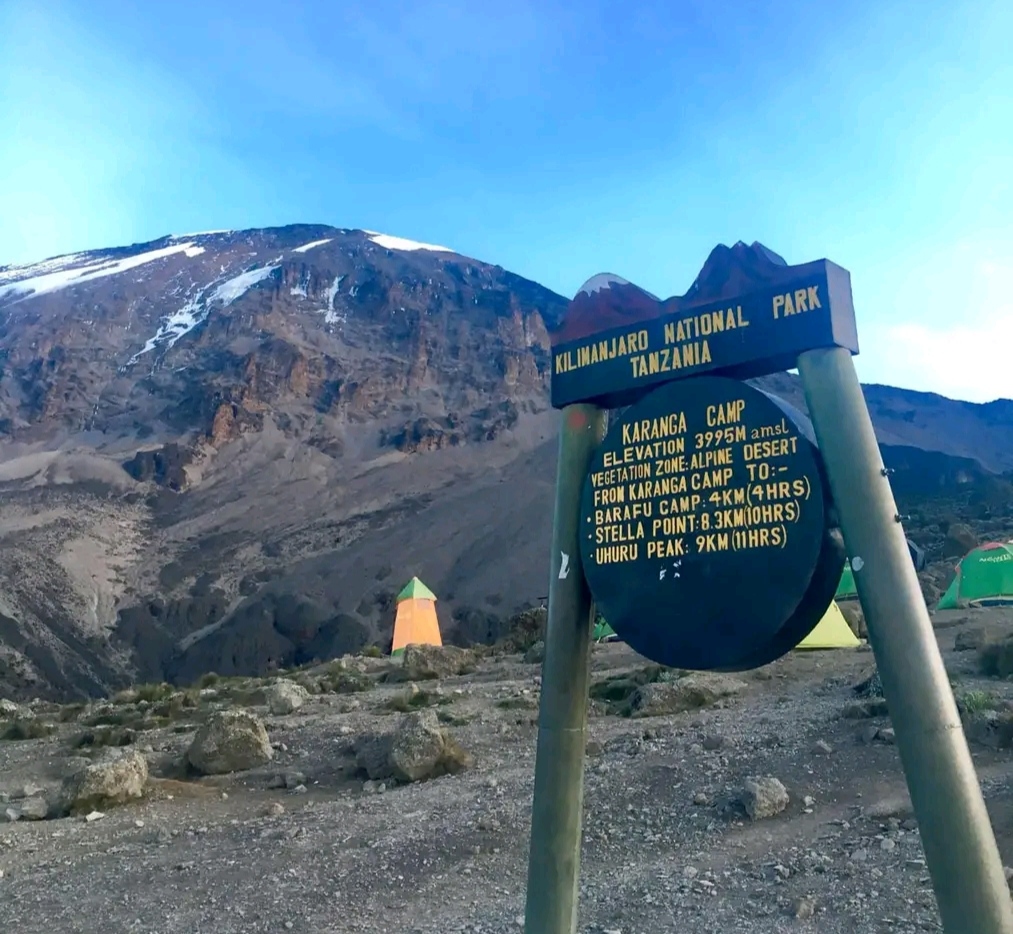
The day begins with the exciting challenge of scrambling up the Great Barranco Wall. Though it appears daunting, it is a non-technical climb that is more of a fun scramble than a dangerous ascent. After reaching the top, the trail crosses a series of alpine desert ridges and valleys before arriving at Karanga Camp, which offers spectacular views of the southern glaciers.
Day 5: Karanga Camp (4,040m) → Barafu Camp (4,680m)
Trekking Time: 4–5 hours
The trail climbs steadily through the barren alpine desert to reach Barafu Camp, the final base before the summit. The air is now very thin, and the landscape is stark and rocky. You will arrive in the early afternoon, giving you time to eat, rest, and make final preparations for the midnight summit push.
Day 6: Summit Day: Barafu Camp (4,680m) → Uhuru Peak (5,895m) → Mweka Camp (3,100m)
Trekking Time: ~12–14 hours
The final ascent begins around midnight. Under a sky full of stars, you will begin the slow, grueling climb up the scree slopes of Kibo. This is the ultimate test of endurance and willpower. After about 6-7 hours, you will reach Stella Point on the crater rim as the sun rises over the African plains. From there, it is a final hour of trekking along the rim to Uhuru Peak, the highest point in Africa. After celebrating, you will begin the long and arduous descent all the way down to Mweka Camp.
Day 7: Mweka Camp (3,100m) → Mweka Gate (1,650m)
Trekking Time: 3–5 hours
Your last day is a straightforward and scenic descent through the lush cloud forest to Mweka Gate. Here, you will receive your official summit certificate and bid farewell to your mountain crew. A vehicle will be waiting to transport you back to your hotel for a much-needed celebration and rest.
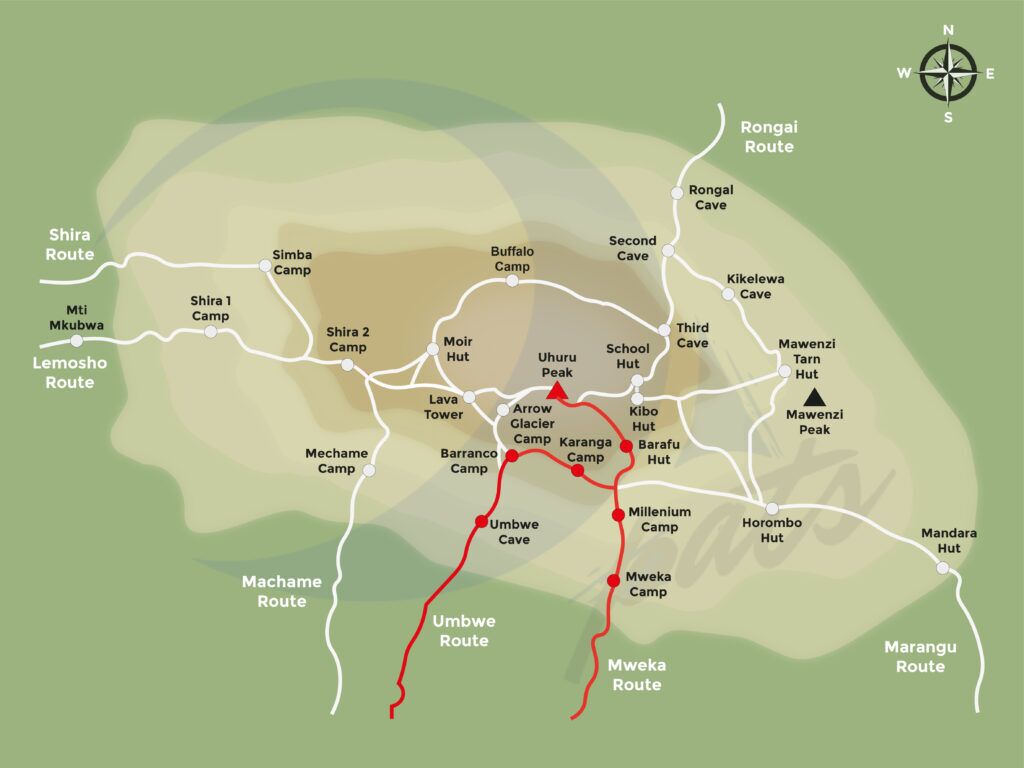
Highlights of the Umbwe Route
Extreme Terrain: The primary highlight is the challenge itself—conquering the steep jungle trails, often using tree roots as natural steps, provides a unique and raw climbing experience.
Conquering the Barranco Wall: After the grueling initial ascent, you are rewarded with the famous and enjoyable scramble up the Great Barranco Wall, a rite of passage for southern route climbers.
Unmatched Solitude: You will seldom see other trekkers on the first two days. Umbwe is the quietest and most exclusive of all routes, offering a sense of true wilderness.
The Ultimate Accomplishment: While scenic variety is limited compared to other routes, the sense of achievement from successfully summiting Kilimanjaro via its hardest trail is unparalleled.
Pros & Cons of the Umbwe Route
Pros:
The fastest and most direct route up Kilimanjaro for those with extreme time constraints and fitness.
Offers near-total solitude, with very few other trekkers on the trail.
Provides the most rewarding sense of accomplishment for highly conditioned, experienced climbers.
Cons:
Extremely challenging and physically demanding; widely described as the hardest route on the mountain.
A very low success rate due to the rapid ascent and poor acclimatization profile.
Offers little safety margin; the risk of developing severe altitude sickness is significantly higher.
It is a camping-only route with no hut accommodations.
Not recommended by most reputable operators unless a client is exceptionally fit and experienced.
Practical Information for Umbwe

Total Duration: 6 or 7 days on the mountain. No shorter option is feasible or safe.
Difficulty: Very Hard. This route involves a steep, direct ascent and should only be attempted by hikers with previous and recent high-altitude mountaineering experience.
Best Months: The dry season from June to October is strongly recommended, as heavy rains can make the steep forest trails dangerously slippery and treacherous.
Gear: Standard high-quality trekking gear is essential. Given the steepness, sturdy hiking poles are highly recommended for both ascent and descent. Double-check the quality of your sleeping bag, warm layers, and waterproofs.
Umbwe Price & Inclusions
From: ~$2,200+ per person (for a 7-day climb)
Includes: Park fees, camping fees, rescue fees, professionally trained guides and porters, all meals on the mountain, and ground transfers.
Excludes: International flights, Tanzanian visa, tips for the mountain crew, personal gear rentals, and comprehensive travel and medical insurance.
[Request a Free Quote to discuss whether Umbwe is right for you]
Compare the Umbwe Route With Other Kilimanjaro Routes
For a less intense ascent: The Machame or Rongai routes offer a more gradual climb, though they are still challenging.
For better acclimatization: The Lemosho or Northern Circuit routes are much longer, providing the best schedules for safe altitude adaptation.
For hut stays: The Marangu Route is the only trail that offers hut accommodation instead of tents.
[See our overview for the full list of Kilimanjaro routes.]
Umbwe FAQ
Who should climb the Umbwe route?
Only extremely fit climbers with recent, successful high-altitude experience should consider this route. It is definitively not for first-timers or casual hikers
Is there a hut option on the Umbwe route?
No. All nights on the Umbwe route are spent in tents.
How steep is the trail?
It is the steepest route on Kilimanjaro. The first two days are particularly relentless, with some sections so steep that climbers use tree roots and rocks as handholds and steps.
What are the success rates for Umbwe?
The success rates are the lowest on the mountain, hovering around 50% for the 6-day trek and rising to about 70% for the 7-day option.
Are there any advantages to the Umbwe route?
The primary advantages are its speed of ascent for those on a tight schedule and the almost complete solitude it offers.

Trust & Testimonials
“Umbwe was brutal, no question. The first two days test everything you have. But conquering it was the highlight of our lives. It’s an accomplishment that feels earned in every sense of the word. With our expert guides keeping a close watch, we were prepared, and we made it to the top!”
– Last Nsubili, Tanzania
“As a former marine, I was looking for a serious physical challenge, not a tourist trek. Umbwe delivered. It’s a vertical, no-nonsense route that demands respect. The solitude was incredible. If you have the experience and the grit, this is the ultimate way to climb Kilimanjaro.”
– John, USA
“Our group trained for a year specifically for this route. It was the hardest thing we've ever done. The guides were absolutely crucial—their expertise in pacing and health monitoring made our summit possible. The feeling of standing on Uhuru Peak after starting on that trail is indescribable.”
– Klaus and friends, Germany
The Ultimate Challenge Awaits
Ready for the ultimate challenge? The Umbwe Route is only for the very bold. It is a path that will test your limits and reward you with an unparalleled sense of achievement. If you have the experience and believe you’re up to it, we’ll support you every step of the way.
[Book the Umbwe Route Now] | [Chat with our Kilimanjaro Team on WhatsApp]
